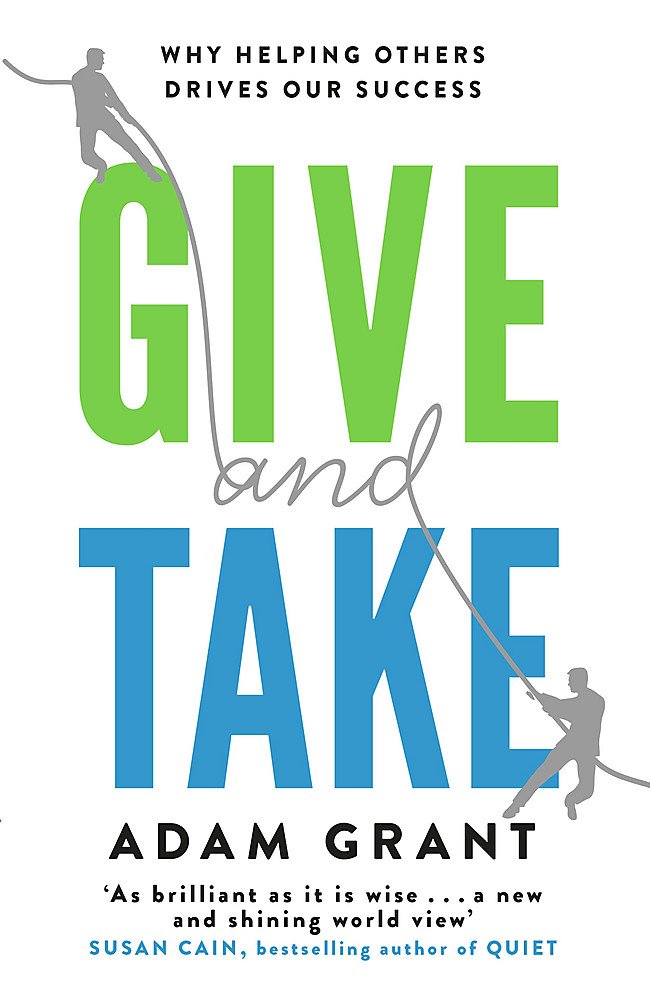Picture the scene. A senior teacher is hosting a training event for a group of fellow teachers. It goes well. She’s a smart presenter, engaging and knowledgeable. At the end, one member of the group approaches her. “Hi,” he says. “Remember me?”
She does. Ten years ago, she’d given adult education classes on English literature. One of her students was a guy holding down a boring office job, but with a vague idea that he might be able to do something more. To make a difference, even.
Under her tuition he excelled, got a stellar grade, and then moved on with his life, and out of hers. And now here he was again.
He’d gone to college, earned a degree, and qualified as a teacher. A decade later, he’d been appointed Head of English at a local high school.
“I owe that all to you,” he said. And then he gave her a big hug.
It sounds like a cheesy TV advertisement for a teacher recruitment campaign, but it’s a true story. How do I know? Because the senior teacher is my wife, Lizzie. And she’s a giver.
Giving to Succeed
Givers pay it forward. They share their knowledge, expertise and support without calculating how it might benefit them to do so.

In his book, “Give and Take,” Adam Grant explains how givers play an essential role in building networks, encouraging collaboration, and nurturing talent.
Grant classifies people according to how they exchange value with others. In general, we’re either a taker, a matcher, or a giver.
Takers put their personal interests first, seeking to benefit from any initiative and every contact.
Matchers have a greater sense of fairness, but also an eye on what’s in it for them. Most people fall into this category.
Givers are the only ones that don’t calculate their reward. They do things for others without expecting anything in return. And here’s a funny thing: many of the most successful people in their fields are givers.
It’s almost counterintuitive. If we think of givers at all, it’s as peripheral figures whose voices too often go unheard. For all their admirable qualities, they’re ignored or taken for granted. They simply don’t register in a dog-eat-dog world ruled by personal ambition and self-promotion.
Well, maybe that worldview is wrong.
A Giver’s Workplace?
Grant thinks that givers are ideally suited to the modern workplace, because of the ways in which they influence, persuade and connect.
According to Grant, as long as givers can maintain strong boundaries to guard against being exploited, they can thrive, succeed, and – yes – lead.
One of the most striking insights from the book is that givers exert their influence through a ripple effect. Their giving induces others to do the same, spreading the benefits through different, but interconnected, networks.
This struck a chord with me. It sounded a lot like Lizzie and her various networks – professional, social and familial. The people in her networks don’t just repay favors: they find other ways to help people, unprompted.
Learning How to Give
Not everyone’s a giver, of course.
But Grant insists that most people can develop a more giving outlook. Even hardcore takers can become more giving if they realize that their reputations depend on it.
More importantly, he says that we should all behave more like givers, whatever our natural style. And not just because doing so makes for a nicer place to work.
Rather, we should do it because giving works – it stimulates creative effort, engagement and success. It also means people are more likely to help you when you’re in need, and to see you as an asset, an ally, and a good investment.
The Return on Investment
“Give and Take” is a manifesto for a kinder, more collaborative working environment. But it doesn’t seek any special indulgence for givers. In fact, it shows that they’re often the ones who drive corporate agendas.
And I’ve seen the difference that “givers” can make.
My wife Lizzie and her family treasure the benefits of education. Her parents both achieved academic distinction, despite coming from humble backgrounds, and the family home is bursting with books – the physical evidence of her parents’ lifelong investment in the power of reading and learning.
And now, like many other givers, she’s paying that investment forward. With interest.
Download the “Give and Take” Book Insight
We review the best new business books and the tested classics in our monthly Book Insights, available as text or as 15-minute audio downloads.
So, if you’re a Mind Tools Premium Club member or corporate user, download or stream the “Give and Take” Book Insight review now.
If you haven’t already signed up, join the Mind Tools Club and gain access to our 2,400+ resources, including 390+ Book Insights. For corporate membership, ask for a demo with one of our team.
Do you know any “givers” in your working or personal life? How has giving affected their career? Share your thoughts and experiences of “give and take” in the Comments section, below.



